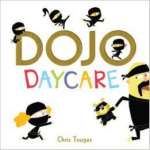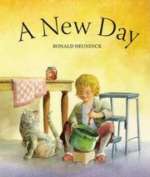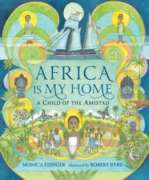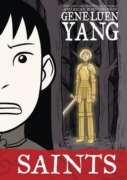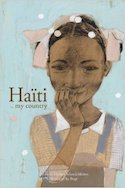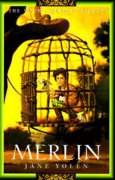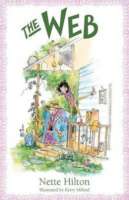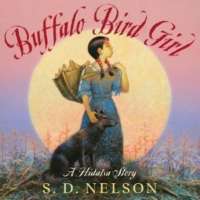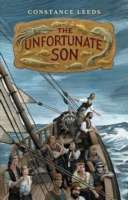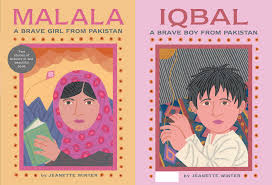
One country: Pakistan. Two children: Iqbal Masih and Malala Yousafzai. Each was unafraid to speak out. He, against inhumane child slavery in the carpet trade. She, for the right of girls to attend school. Both were shot by those who disagreed with them—he in 1995, she in 2012. Iqbal was killed instantly; Malala miraculously survived and continues to speak out around the world. She was awarded the Nobel Peace Prize in 2014 for her work.

